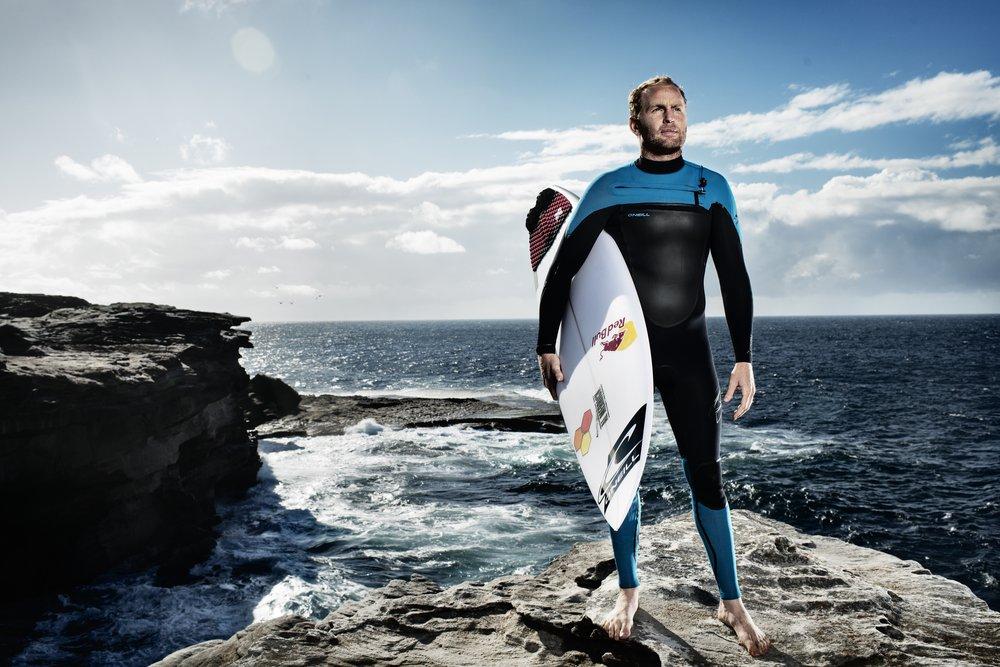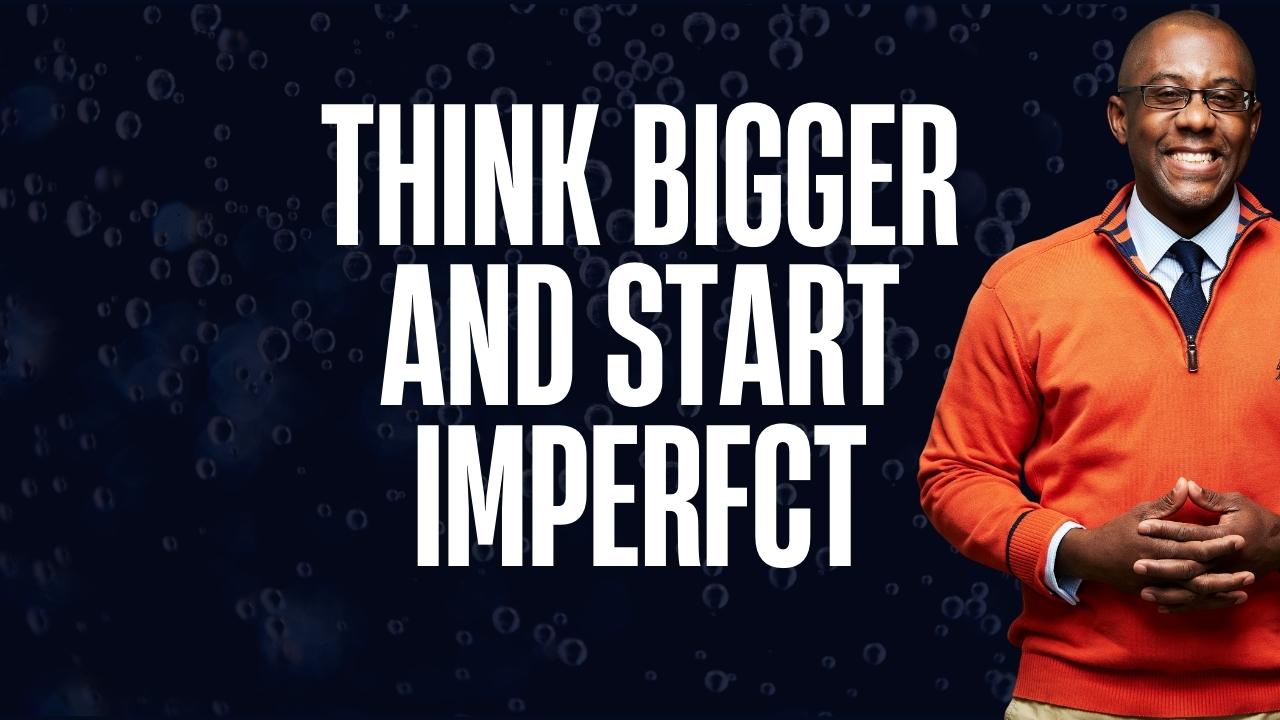At Intuit Connect, big-way surfer Mark Matthews shared his story of conquering fear (and more) to be a better surfer. Fear is our brain’s built-in alarm system—a survival mechanism that protects us from genuine threats. This same system often holds us back from growth, adventure, and fulfillment.
Mark shared that in order for him to be a better surfer he had to conquer his natural fear of being underwater so long. When you surf, waves can suck you down into the water, causing panic. Mark had to be trained, by being heled down under water, to conquer the fear.
Understanding Fear
At its core, fear is a neurological response triggered by perceived threats. Your amygdala—the brain’s fear center—activates your fight-or-flight response, flooding your body with adrenaline and cortisol. Your heart races, palms sweat, and muscles tense. While this response saved our ancestors from predators, it now kicks in during public speaking, job interviews, or when facing large waves.
The Paradox of Practice
Professional surfer Mark Matthews discovered a fundamental truth about fear: the only way past it is through it. Each time he paddled out to face massive waves, his fear didn’t magically disappear—but it became manageable through repeated exposure.
This approach, known as exposure therapy in psychology, works because:
- Each exposure gradually desensitizes your fear response
- Your brain builds new neural pathways associated with capability rather than threat
- Success experiences accumulate, building confidence
- The unknown becomes known, reducing uncertainty
The Practice Protocol
To overcome your fears:
- Start small. If you’re afraid of public speaking, begin with speaking to one person, then small groups, before tackling larger audiences.
- Create a “fear ladder.” Break down scary situations into manageable steps. Tackle each rung when you’re ready.
- Focus on process over outcome. Don’t fixate on perfection—celebrate showing up and trying.
- Maintain consistent exposure. Sporadic practice won’t build lasting confidence. Regular, deliberate exposure is key.
Beyond Management
The most profound insight about fear isn’t just that we can manage it—it’s that we can transform our relationship with it. Through practice, what once terrified us can become a source of excitement and growth.
As Matthews demonstrates in big wave surfing, fear can evolve from an obstacle into a compass, pointing us toward opportunities for growth. The goal isn’t fearlessness—it’s having the tools and experience to act despite fear, knowing that each step builds our capacity for courage.
Related articles:
Is The Wrong Money Mindset Holding Back Your Business? 5 Power Tips.(Opens in a new browser tab)
Overcome Fear to Develop Your Skills and Achieve Success(Opens in a new browser tab)











